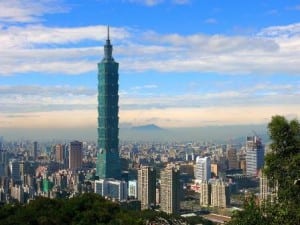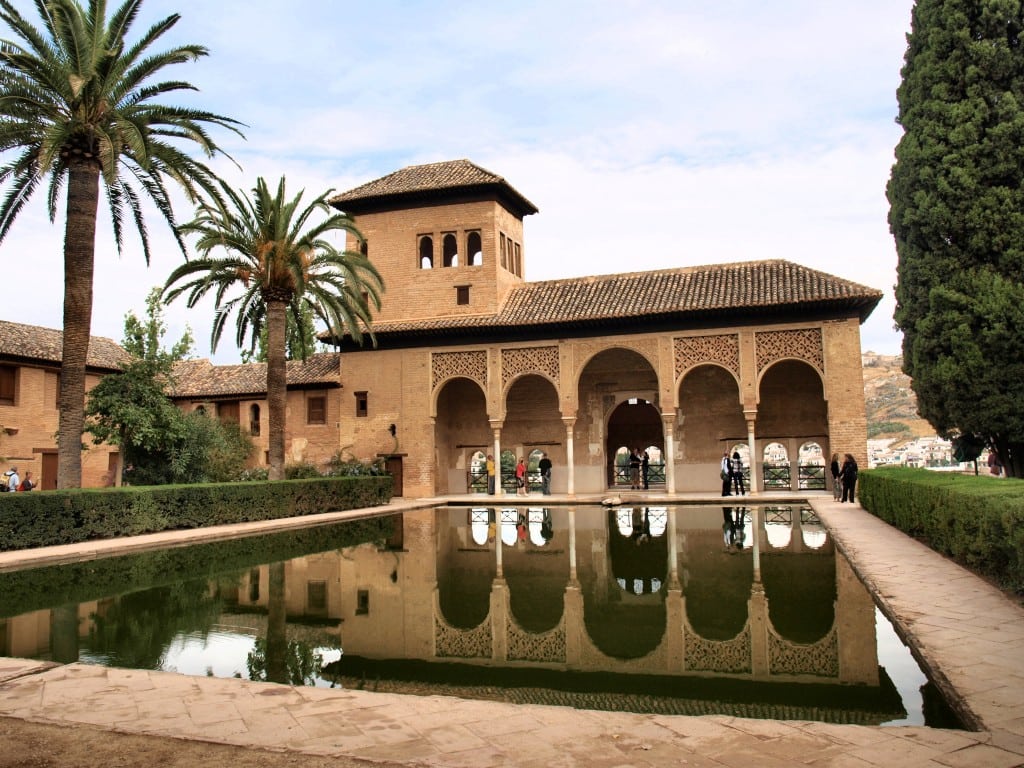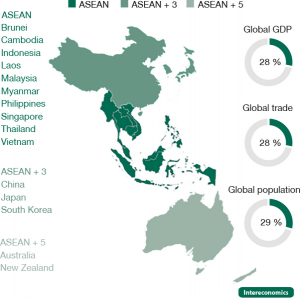By Steven Crook, Taipei Times

Taiwan’s tourism industry, it’s fair to say, has pretty much conquered the Japanese market. Every year since 2014, Taiwan has been the no. 1 overseas destination for Japanese travelers. While Chinese tourists have the money and inclination to come in droves, they lack the freedom to go wherever they want. If Taiwan is to attract more visitors from nearby countries, Southeast Asia is thus an obvious region to focus on.
For decades, Southeast Asians with Chinese ancestry have been coming to Taiwan to study and do business. However, reaching beyond the Chinese diaspora is complicated by religion. Islam is the majority faith in Malaysia, Indonesia and Brunei — yet visitors to Taiwan who wish to pray in mosques and observe Islamic dietary laws are often out of luck.
Just nine of Taiwan’s 15,000-plus registered houses of religion are devoted to Islam. Outside of restaurants that are explicitly vegetarian, finding meals that don’t include some amount of pork or lard can be difficult.
Official efforts to tap into the huge Muslim market — almost a quarter of the world’s population — began in 2008, when the Tourism Bureau and the Taiwan Visitors Association invited international Islamic tourism experts to visit Taiwan. The bureau recently established permanent offices in Kuala Lumpur and Jakarta. In the first half of this, a new office in Dubai will promote Taiwan throughout the Middle East.
MORE HALAL NEEDED
In 2010, the bureau published a 104-page booklet titled Traveling in Taiwan for Muslims. An example of fine intentions but flawed execution, it mentions the availability of snake wine and snake meat at Taipei’s Huaxi Street Night Market, even though both are haram (forbidden for Muslims). It also introduces Yu Zhen Zhai, a traditional bakery in Lukang which, as of the end of last year, had yet to obtain halal certification. These blunders don’t appear in the 2012 edition of the booklet.
A lack of halal food around major tourist spots is one of the biggest obstacles preventing more Muslims from coming to Taiwan, says Elaine Tee of Have Halal, Will Travel (HHWT), a Singapore-based travel and lifestyle platform for Muslims. She describes Taiwan as “a pretty new destination for the Muslim segment. It has lots of natural sights that can attract Muslims, coupled with lower costs compared to Japan and some other destinations.”
For full article please go to:
http://www.taipeitimes.com/News/feat/archives/2020/01/23/2003729715/1



